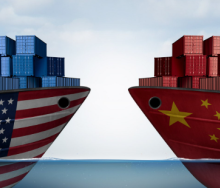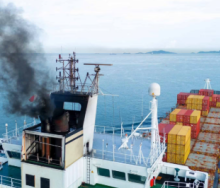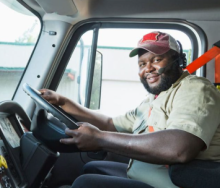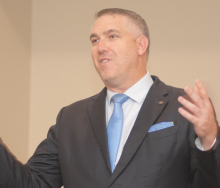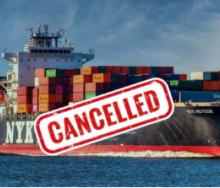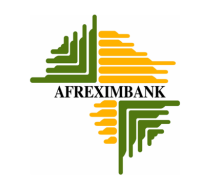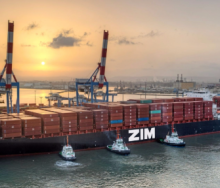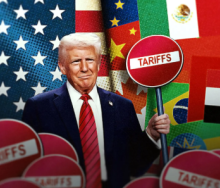Rangel Logistics Solutions has strengthened its diversified capability in the South African market by investing €6 million (R125.6 million) in a state-of-the-art warehouse facility near OR Tambo International Airport, Johannesburg.
The 10 000 sqm facility will serve as the central hub for cross-border contract logistics, a field in which Rangel has excelled since its introduction to the sub-Saharan regional market in 2020.
The facility is equipped with bonded storage capability, including an operating store (OS) and special operating store sections (SOS).
The OS and SOS sections allow for the duty-free storage of goods for up to 24 and six months, respectively.
Cross-docking services are also available, enhancing clients' supply-chain efficiency.
Rangel country manager for South Africa, Tiago Pocinho, said the warehouse underpinned the company’s commitment to growth in the region, and would create 160 new job opportunities.
Alongside the warehouse’s inauguration, Rangel also announced the opening of a new office in Nakop on South Africa’s N10 Northern Cape border with Namibia.
In a statement released to the media, the company said the expansion complemented the company’s existing presence in Zambia and Tanzania, where it has been operating since 2021 and 2022 respectively. Altogether, the company has invested €7 million across the three countries.
Speaking at the recent opening of the warehouse, CEO Nuno Rangel said: “Our facility strengthens South Africa’s logistical backbone and facilitates trade with neighbouring markets, including Mozambique, Zambia, Angola, the DRC, Tanzania, Botswana, Zimbabwe and Namibia.”
He emphasised the company’s role in mining sector logistics in the Southern African Development Community (SADC), with proven capability to handle complex operations for copper, cobalt hydroxide and zinc from the Democratic Republic of the Congo to major ports such as Durban, Beira, Walvis Bay and Dar es Salaam.
Rangel’s international operations now account for roughly 20% of the company’s total turnover, with South Africa contributing 8% to that figure.
“We aim to be seen not just as a foreign operator, but as an African company,” Rangel said.
“Our goal is to help connect SADC countries to Europe while strengthening intra-African trade, particularly under the African Continental Free Trade Area.”

